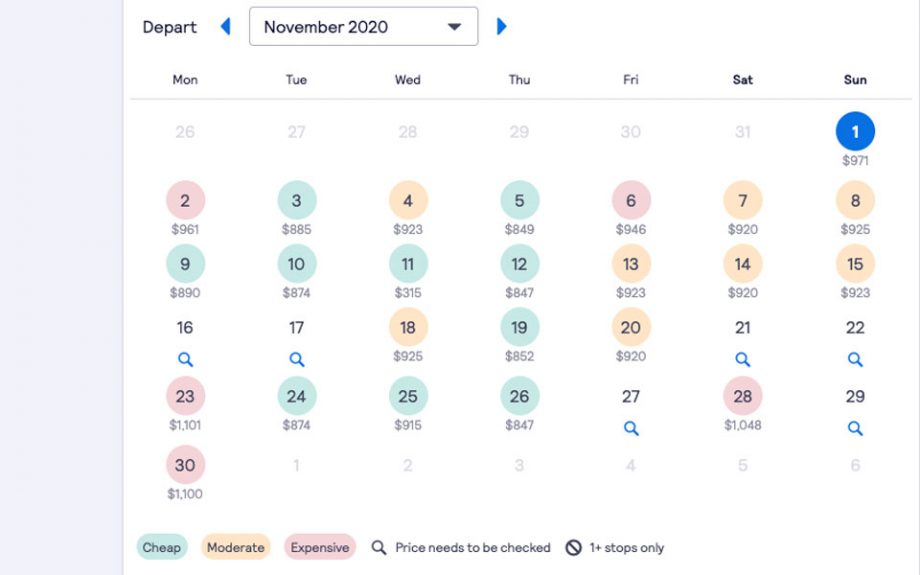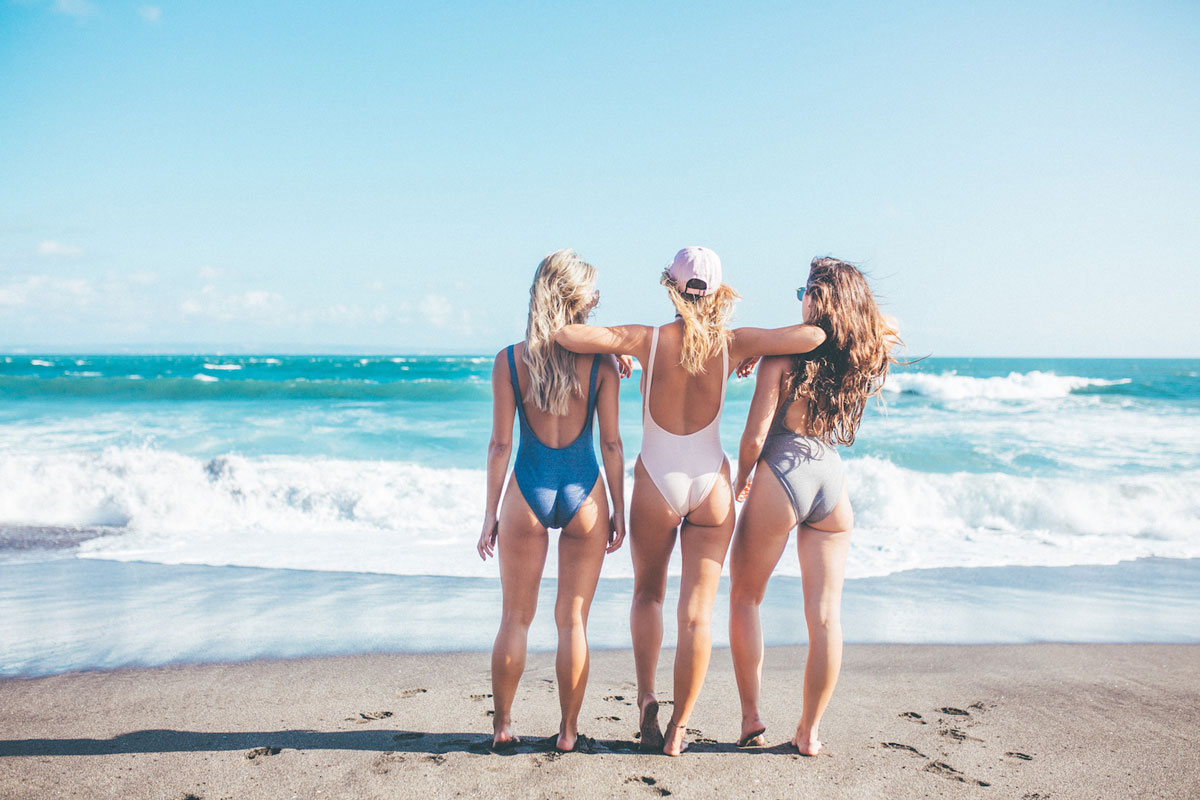Sweeping clifftops. Peachy panoramas. House music. Bintangs. Bikinis. Day clubs. Hipster cafes. Dreadlocks. Waves that get the world’s most blasé surfers frothing. Though our heads may be full of stereotypes, you can’t deny Australians love Bali with impressive fervor.
Not only is it the final component of the seductive Bondi – Byron – Bali triangle (Maslow clearly forgot to tell us self actualisation is impossible without having started a pyramid scheme wellness shop in Seminyak), but Bali is in many senses a holy place.
Not only is it a paradise we go to escape, unwind, and start businesses in, but it’s also a trip down memory lane, feeling, if not like Bali in the 70s, a little like Australia in the 70s (before health and safety legislators went nuts).
For these reasons (and more) many Australians have moved to Bali permanently. And after the pandemic sparked a global shutdown in travel in March, some of them chose to stay there, riding out this turbulent year in the Island of the Gods.
Some Australians, like 53-year-old Tim Ryan, don’t plan on repatriating any time soon – even after being out of work for a number of months.
“My family live here and I believe in Bali,” Ryan told the Sydney Morning Herald in July. “My wife is Indonesian. Bali is home.”
Ryan told the Sydney Morning Herald he is “a little bit concerned” about coronavirus, but “the situation is not too bad.”
“If I am really sick, health insurance will allow me to go back to Australia to seek medical help.”
“If you look at the situation now, the beach is open. … I believe that the Balinese government and health system has got it under control and they are taking precautions to keep it under control, so I feel safe.”
Speaking of the beach being open, the Instagram account, Surfers Of Bali (SOB), has lately been giving homebound Aussies a case of eye-popping envy (see: such comments as, “Balangan…. my favorite Bali temptress”).
Enter: a relatively recent video posted of what appears to be a group of people, including Westerners, enjoying, “Perfect waves with a festive vibe on the beach” in Bingin.
View this post on Instagram
Instagram account @surfingincanggu has also captured Australians enjoying Bali as recently as September, along with French expats like @facingblankpages.
View this post on Instagram
This all comes after Bali considered letting international visitors (including Australians) visit from September, but ultimately decided to ban foreign tourists for the rest of 2020 over the virus.
View this post on Instagram
Despite these videos causing some internet commenters to angrily smash their keyboards (see: the multitude of comments along the lines of, “isn’t it illegal to go to Bali right now” and “how selfish”), some reports suggest entry to Bali right now isn’t as provocative a topic as you might think.
“If you’re wondering how the likes of Kelly Slater, Strider Wasilewski, and Dino and Kolohe Andino have been able to access Uluwatu, Padang Padang, Java, the Mentawais and other epic, once in a lifetime uncrowded Indo surf spots in recent weeks, wonder no more,” Coastalwatch reported in September.
That’s right: Americans have been bombing it over there too (even more so than Australians).
“If you’ve been on an Indo trip, you’ll be familiar with the usual tourist entry system: visa exemption on arrival. That’s been offline for months. But another kind of visa — a longer stay entry for foreigners on business, vouched for by an Indonesian sponsor and by their own material wealth — never went offline.”
“The visa is a variant on the social-cultural longer stay visa familiar to many surfers and other travellers who spend their winter months holed up somewhere on the Island of the Gods.”
“In this case,” Coastalwatch continues, “It requires a travel reason linked to a business or project within Indo. This doesn’t include actual working, but might include surf-type research, like inspecting a surf resort with a view to investing. Professional sport is also listed as a possible reason in the Indonesian Consulate website.”
“A letter of support from an Indonesian business entity is required, along with proof of US$1500 in immediately available funds. Once equiped, you apply in person to the nearest consulate.”
The problem for most Australians is the travel ban (the Australian government has only accepted about a quarter of the exemption requests so far, the ABC reports) – and the price of flights (at the time of writing Skyscanner shows a one way trip from Sydney to Jakarta costs more than double what it would have this time last year).

That’s before you take into account the compulsory, $3,000, two-week quarantine on return to Australia, and the risk of picking up The Virus in a nation, as Coastalwatch puts it, “of innumerable islands where testing is as minor as it gets.”
smarttraveller.gov.au has issued the following in respect to Australians thinking of travelling: “There’s a ban on overseas travel from Australia. You can’t leave Australia unless you get an exemption from the Department of Home Affairs.”
“If you’re overseas and wish to return to Australia, we continue to encourage you to plan your travel home. However, be prepared for possible delays.”
“When you arrive in Australia you must quarantine for 14 days at designated facilities in your port of arrival. You may be required to pay for the costs of your quarantine. View individual State and Territory Government information,” smarttraveller.gov.au adds.
“If you’re staying overseas, make plans to stay for an extended period. Follow the advice of local authorities and minimise your risk of exposure to COVID-19. Stay in touch with family and friends so they know you’re safe.”
